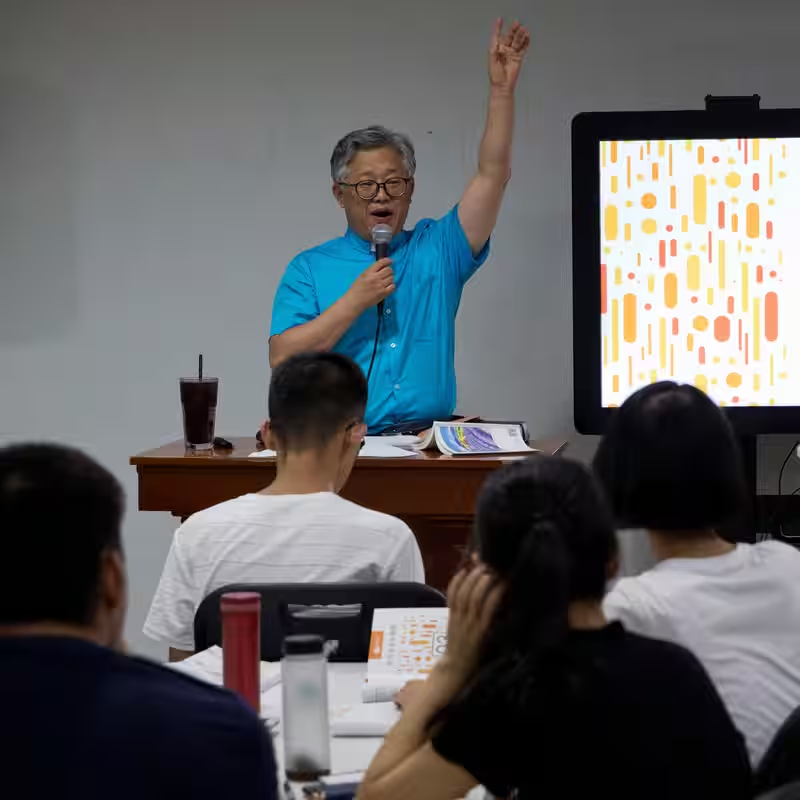China Detains Dozens from Unofficial Zion Church in Beijing
In a sweeping move signaling renewed pressure on unregistered religious groups, Chinese authorities have detained dozens of members of the underground Zion Church in Beijing. The church, led by Pastor Ezra Jin Mingri, had grown into one of China’s largest unofficial Christian congregations despite years of government scrutiny.
The detentions occurred over the weekend, according to multiple sources familiar with the situation, as police raided a private gathering space used by the congregation. While exact numbers remain unconfirmed, local contacts report that at least 30 individuals—including church elders and volunteers—were taken into custody. Pastor Jin himself is reportedly under house arrest and barred from public communication.
Who Is Pastor Ezra Jin Mingri?
Pastor Ezra Jin Mingri rose to prominence in China’s house church movement over the past decade by building Zion Church into a vibrant, youth-focused community that operated outside the state-sanctioned Three-Self Patriotic Movement. At its peak, the congregation attracted thousands of worshippers, many of them urban professionals and university students drawn to its modern sermons and emphasis on personal faith.
Despite repeated warnings and temporary shutdowns, Jin maintained a careful balance—avoiding overt political statements while refusing to register the church under government control. That stance appears to have reached a breaking point amid China’s broader campaign to bring all religious activity under Communist Party oversight.
Escalating Pressure on Unregistered Faith Groups
The latest crackdown is consistent with a nationwide trend. Since 2018, China has intensified enforcement of its revised Religious Affairs Regulations, which require all religious venues to obtain state approval. Unregistered churches, mosques, and temples—particularly those with large followings or international ties—are increasingly targeted.
According to the U.S. Commission on International Religious Freedom (USCIRF), over 1,200 unregistered religious sites were shut down in China between 2022 and 2024. Christianity, especially Protestant house churches, remains a focal point due to its rapid grassroots growth and perceived Western associations.
Timeline of Zion Church’s Struggles
| Year | Event |
|---|---|
| 2015 | Zion Church begins holding large gatherings in Beijing |
| 2018 | Church ordered to disband; moves to smaller, rotating venues |
| 2021 | Pastor Jin questioned by authorities after online sermon goes viral |
| 2024 | Government labels Zion Church a “potential security risk” |
| Oct 2025 | Mass detentions during weekend worship meeting |
International Reaction
Human rights organizations have condemned the detentions. “Targeting peaceful worshippers violates China’s own constitution and international human rights obligations,” said Sarah Cook of Freedom House. The U.S. State Department has yet to issue a formal statement but is reportedly monitoring the situation closely.
Inside China, discussion of the raid is heavily censored. Keywords like “Zion Church” and “Ezra Jin” have been blocked on Weibo and WeChat, and no state media outlets have reported on the incident.
What Happens Next?
Legal experts say those detained could face charges ranging from “illegal assembly” to “inciting subversion,” depending on how authorities frame the case. In past incidents, house church members have been released after signing pledges to cease activities—but some have received prison sentences.
For now, Zion Church’s future hangs in the balance. Congregants who avoided detention are communicating through encrypted apps, sharing prayers and updates in fear of further raids.




